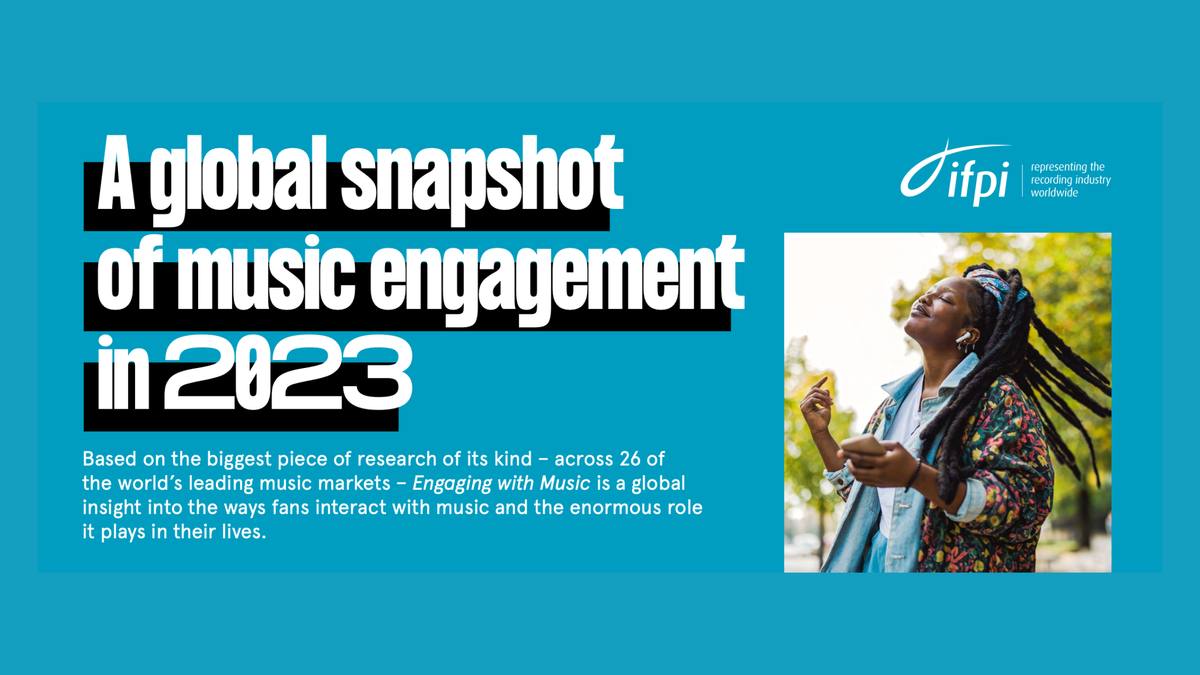Spotify abandoned its plan to exit the Uruguayan market but said that it might "disinvest from France". The streaming service announced last month that it would shut down in Uruguay because of a change to copyright law there that introduced performer ER on streams, meaning performers have a right to payment via the collective licensing system when their music is streamed. Spotify said that might result in it paying for recordings twice, because it already pays the record labels. But the country's government clarified that the obligation to pay ER will fall on labels not streaming services, prompting Spotify to change its plan. Meanwhile in France, Spotify hit out at a new music streaming tax being introduced there to fund the Centre National De La Musique. Saying its plan for streaming services to voluntarily fund the music centre was better, Spotify called the tax a “monumental strategic error” that will likely force it to “disinvest from France”.
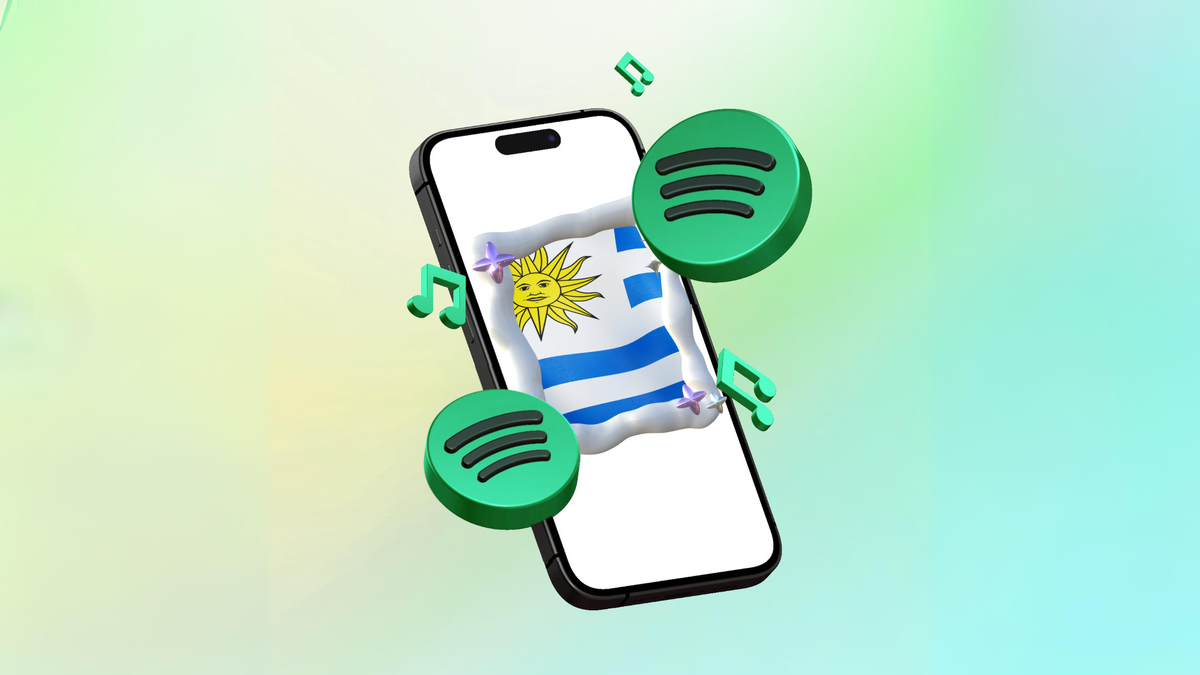
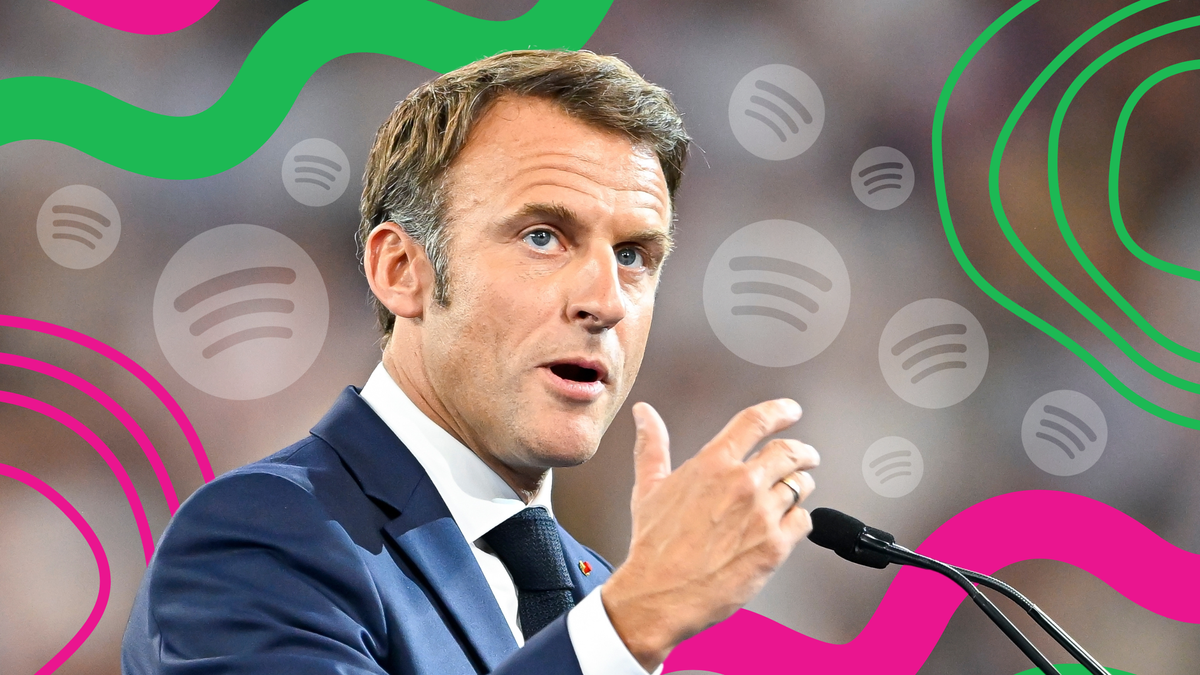
UK Music called on the UK government to urgently convene a summit to discuss ticket touting. This year has seen the secondary ticketing market surge back post-pandemic, with touts selling tickets to in-demand shows at a considerable mark up on websites like Viagogo. UK Music noted that £110 tickets for Taylor Swift’s upcoming shows have been selling on the resale sites for £2600. “Fans are being ruthlessly exploited by ticket touts who snap up thousands of tickets with a view to reselling them for huge profits", the cross-sector trade body said. There is some regulation of ticket touting in the UK, but campaign group FanFair recently called for an out-right ban of for-profit ticket resale. However, earlier this year, the government rejected proposals for more regulation put forward by the Competition & Markets Authority. Hence why UK Music wants to meet ministers to discuss the problem.
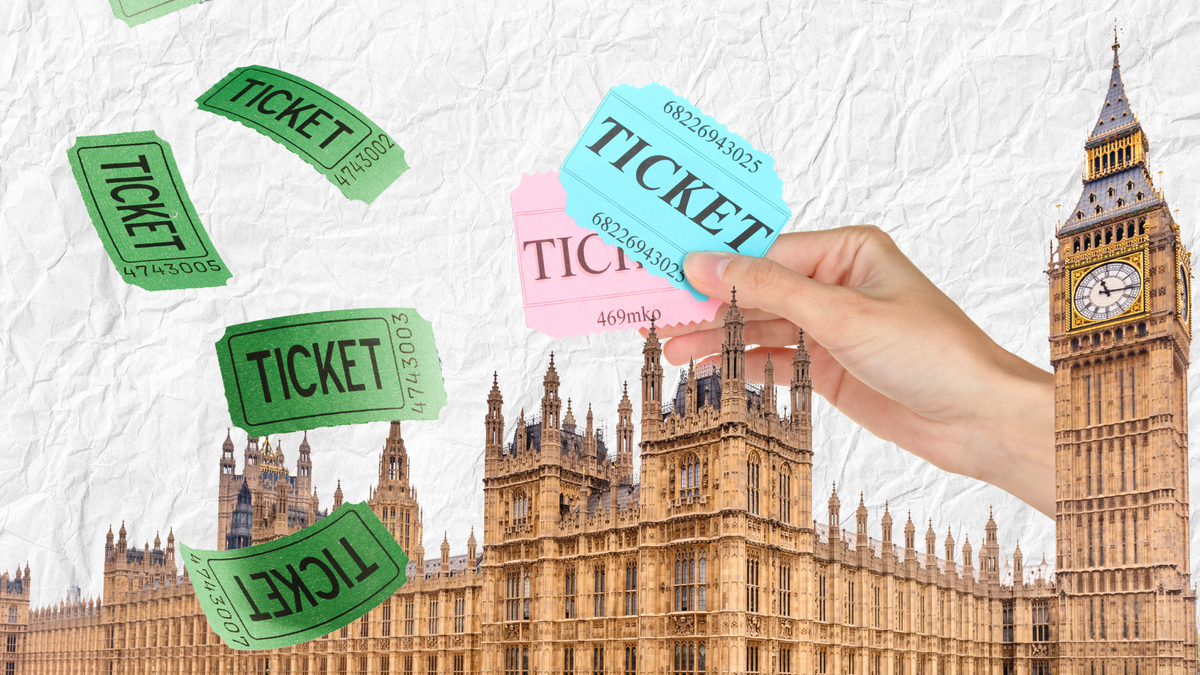
There was a renewed call for witnesses to the crowd crush that occurred at the Brixton Academy last year to come forward. The call came on the first anniversary of the tragedy, which happened at a sold out Asake show on 15 Dec 2022. The families of the two people who died - Rebecca Ikumelo and Gaby Hutchinson - urged anyone with information about the incident who is yet to speak to police to now do so. They also said that Asake should make a similar appeal for information. Ikumelo's father noted that there are “still lots of questions to be answered", and added that any information that would assist in the police's investigation could help ensure nothing like this ever happens again. Venue operator the Academy Music Group said that it was "determined" to learn all the appropriate lessons to ensure the incident could never be repeated, citing its “comprehensive plan” for re-opening the venue safely. It added that a timeline for re-opening the building would be published in due course.
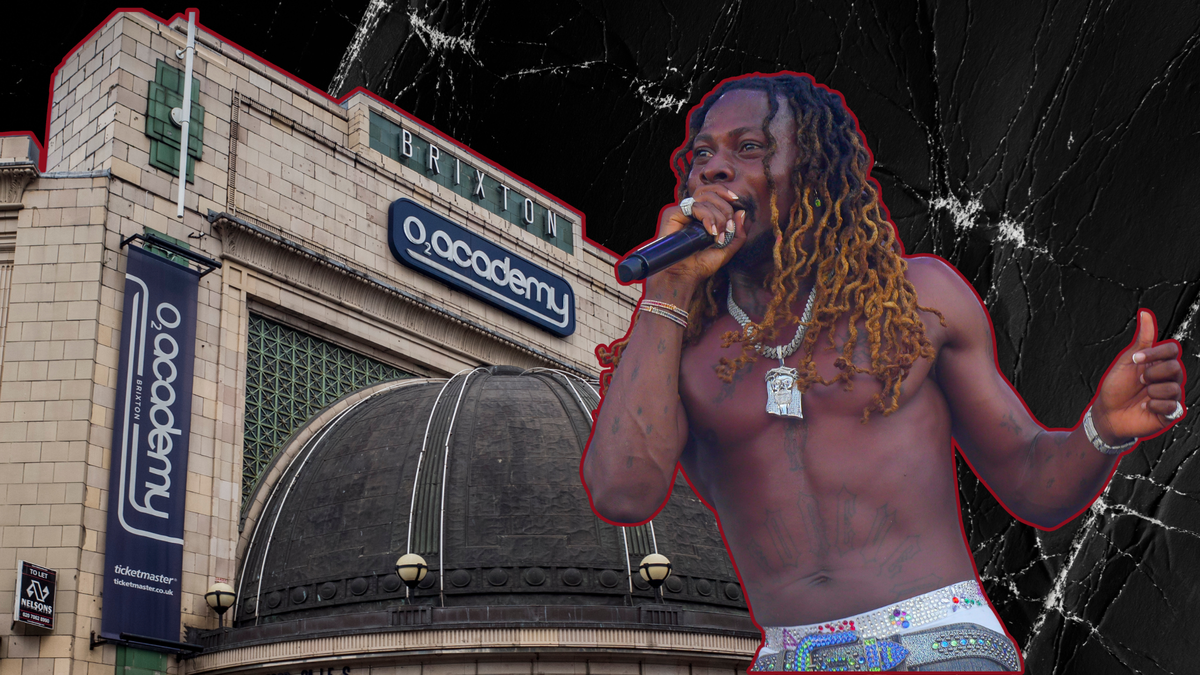
EasyJet owner easyGroup sued PC Music-signed producer Easyfun for trademark infringement. It follows similar action taken earlier this year against the band Easy Life, who ultimately agreed to change their name. The airline owner said that the producer, real name Finn Kean, had attempted to “mimic easyGroup’s famous branding to create instant brand recognition for his DJing business”. In particular they referenced the artwork to a 2015 EP which featured the image of a plane with Easyfun's name written in the style of the easyJet logo. In a letter to easyGroup's lawyers, Kean said that the artwork was clearly "meant as a joke", adding "I really struggle to understand why your client has any reason to be concerned about it”. However, he added, to avoid a legal dispute with a big company he will remove the referenced artwork where he can. Though, unlike Easy Life, he has seemingly not yet offered to change his name in order to avoid litigation.
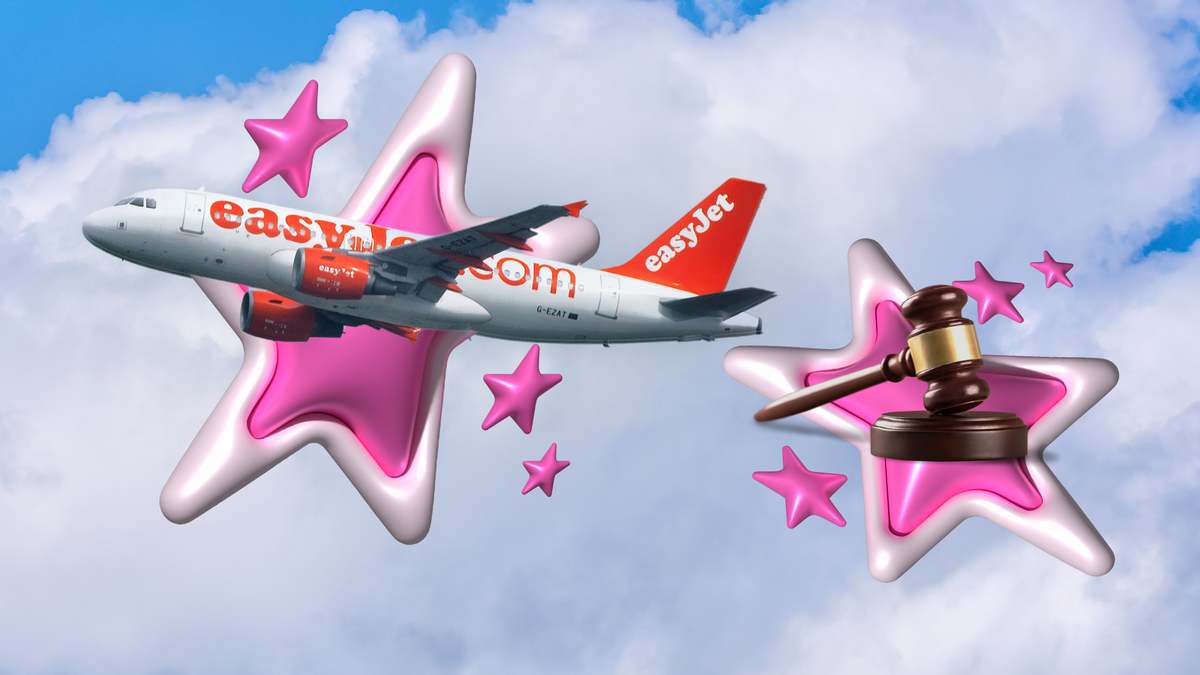
The IFPI revealed that people are consuming more music than ever before. That revelation came in the global record industry trade group's annual 'Engaging With Music' report, which is based on a survey of 43,000 people across 26 countries. On average people now spend 20.7 hours listening to music each week - up from 20.1 hours in 2022. Streaming services account for 32% of consumption, while video sharing platforms like YouTube and TikTok account for about 31%. Other ways in which music is consumed include radio (17%), purchased music like CDs, vinyl and downloads (9%), live music (4%), and an ‘other’ category that includes TV, video-on-demand services like Netflix and recorded music played by friends (7%). IFPI also noted that 29% of those surveyed are still accessing music from unlicensed sources, with 26% making use of stream-ripping sites.
